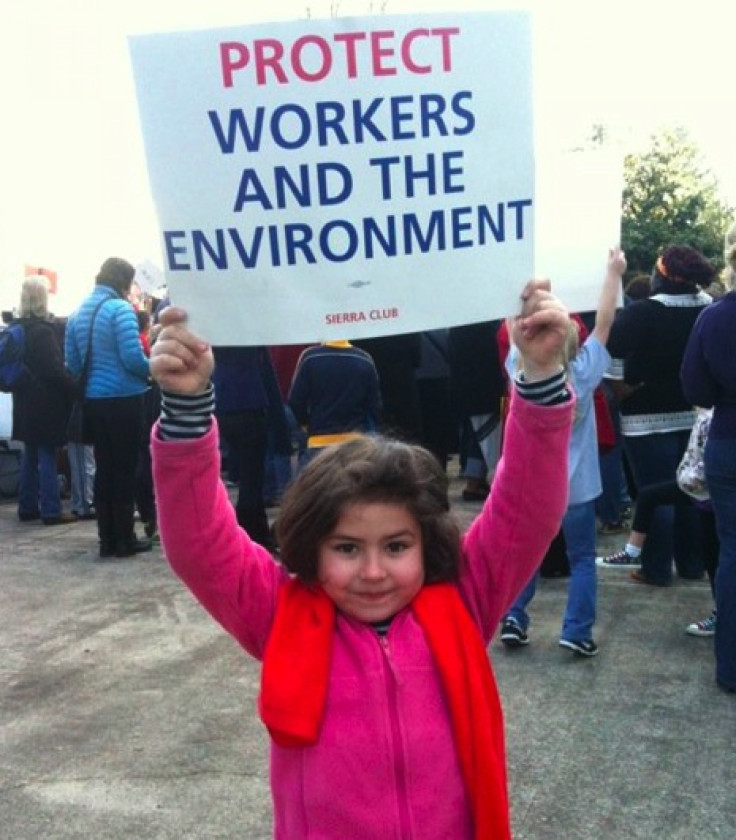New TPP Talks Decried As Most Secretive Discussions Of Trans-Pacific Partnership To Date

As negotiations over the Trans-Pacific Partnership (TPP) resume in Salt Lake City, Utah, activists are decrying the unprecedented level of secrecy shrouding this 19th round of talks, which take place from Nov. 19 to 24.
The monumental agreement is being hashed out by several hundred representatives of corporations based in 12 nations on both sides of the Pacific Ocean without any direct government involvement, and advocacy groups say that the latest round of discussions, which are only open to "Chief Negotiators and Key Experts," are even more secretive than previous rounds.
“Every time I think it’s impossible for the TPP negotiations to become any less transparent, USTR proves me wrong,” Arthur Stamoulis, executive director of Citizens Trade Campaign, said in a statement. “The only thing about the TPP that’s not a secret is who it stands to benefit: big corporations.”
But Carol Guthrie, the Office of the U.S. Trade Representative's senior adviser for media affairs, said that activists have had more opportunity to protest than Stamoulis suggests.
"The congressionally mandated committees of advisers that review U.S. proposals include both industry sources and advisers from academia, labor, environmental, and other groups as well," Guthrie told the Salt Lake Tribune.
The negotiations have come under increased scrutiny since WikiLeaks published the draft text of TPP's chapter on intellectual property, which will have wide-reaching impact on Internet freedom, access to medicine and copyright protections, if the treaty is approved. President Barack Obama has been pushing for a final Trans-Pacific Partnership text to be readied by the end of 2013, and for it to be "fast-tracked" through the U.S. Congress, although at least 174 members of Congress have said they will oppose the "fast-tracking" of the agreement.
Protesters say that the limited ability to protest the closed-door talks in Utah means that the public is being shut out of the consequential discussions. Still, about 100 demonstrators gathered for a rally outside Salt Lake City's Grand America Hotel on Tuesday, according to the Tribune.
The Council of Canadians has decried that lack of access, stating that "The Council of Canadians is entirely opposed to the TPP and parallel negotiations between Canada and the EU (CETA) and the U.S. and EU (TTIP or TAFTA, which Canada and Mexico will be eventually dragged into)."
The TPP is a secretive agreement currently being negotiated behind closed doors by representatives of the United States, Canada, Mexico, Malaysia, Singapore, Japan, Vietnam, Brunei, Chile, Peru and Australia.
The governments of the countries involved in the negotiations are not able to view the text while it is being discussed by the corporations, meaning that the public has little to no input on what will be included in the final version.
© Copyright IBTimes 2024. All rights reserved.











